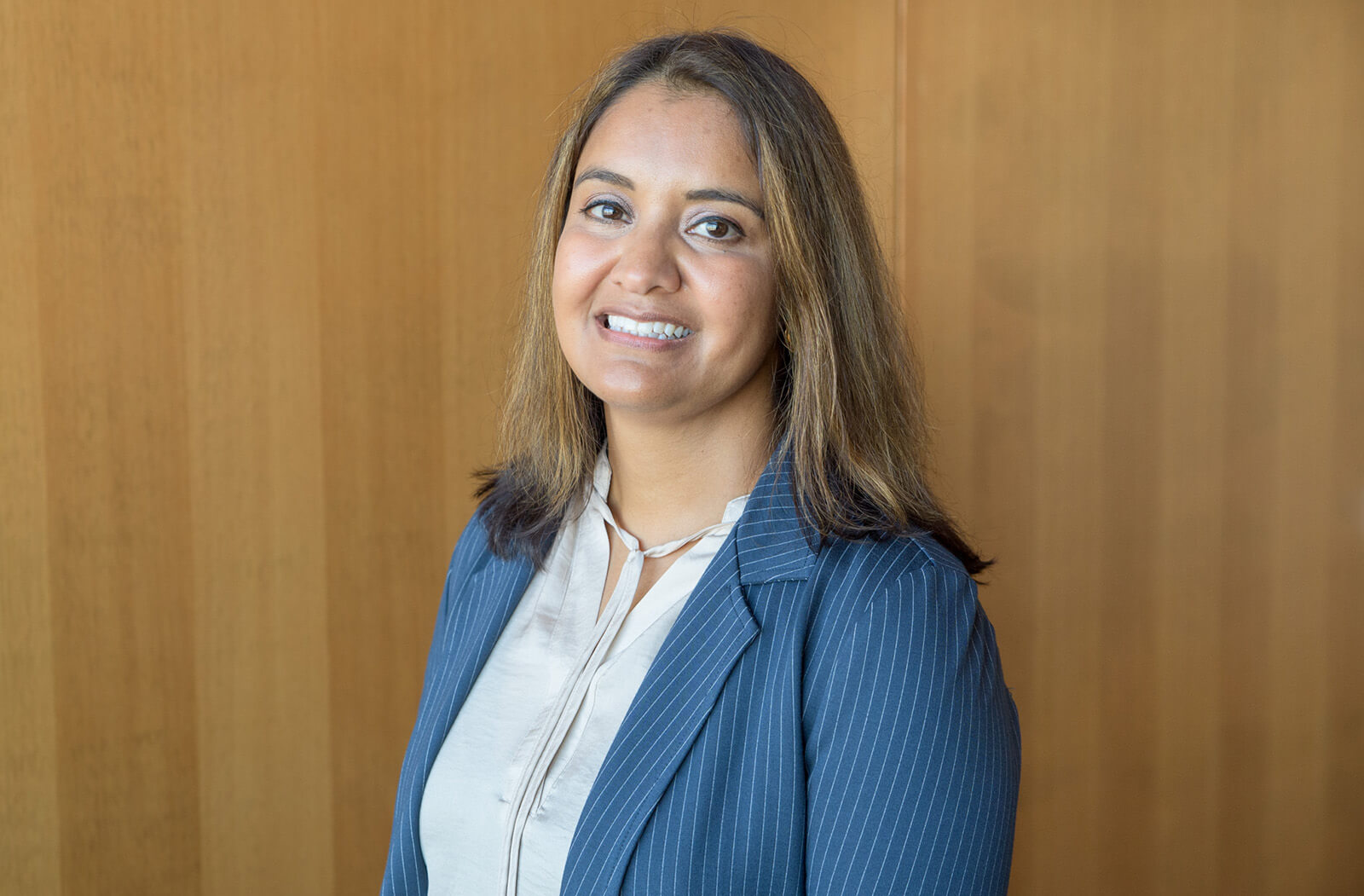
Women in Medicine and Science – Farah Husain, MD, FACS, FASMBS

Farah Husain, MD, FACS, FASMBS, is the division chief of Bariatric and Metabolic Surgery, as well as vice chair of Quality for the Department of Surgery at the University of Arizona College of Medicine – Phoenix and Banner – University Medical Center Phoenix.
Meet Dr. Husain
What are the most pressing questions or health issues in your field and how will your work address them?

How would you define success in your career?
Success is helping and building up others — whether I’m helping patients, my colleagues, students or my family and friends. If I have made anyone’s burdens/challenges a bit easier or better, I have been successful in my career.
Through your role, how do you hope to inspire the next generation of physicians or researchers?
I truly want the next generation to understand future leaders, future scientists, future educators can come from anywhere. I get to lead a diverse group, of largely females, within bariatric surgery. We all have unique backgrounds and found our way here. You can do anything — find topics that make your mind wonder and ask the questions. I hope to ask some of those questions and stimulate the curiosity of the next generation.
Why is collaborating with fellow Women in Medicine and Science so important?
When I trained, there were not a lot of women in surgery and the ones who were there often had to be hardened to survive the system. It’s time for us to change that and stop telling women they are “too nice” to be in medicine or surgery. I’ve met amazing, talented women who can be pulled down by those around them, so I feel it is vital that we bond together and lift each other up. We can amplify our talents by working together. We can reimagine medicine and surgery as the right place for everyone, especially those who are “too nice”!
Title IX opened many doors for women, but what are the areas you think need to see further improvement in the coming years?
Education and medical training still need to understand that women can be in many different stages of life as we enter medicine. I didn’t have children until I was 38. I didn’t feel I could fit that in until that time and, as such, came up against all the expected challenges of “geriatric maternal age.”
How can we support women to be in medicine and science and still allow them to be all of the other roles we still want to play? How does every hospital that has huge numbers of women working within them still not have any type of childcare or assistance for personal emergencies (i.e. sick children)?
Societally, we say we want to level the playing field, but still expect women to do it all without complaints and without help — be a professional, be a mom, be a partner and do them all perfectly. We need to create a way to support women in medicine and science, so they don’t feel they have to give up certain areas of life to be allowed in this realm.
Read more Women in Medicine and Science: Transforming Medical Education and Clinical Care profiles
About the College
Founded in 2007, the University of Arizona College of Medicine – Phoenix inspires and trains exemplary physicians, scientists and leaders to advance its core missions in education, research, clinical care and service to communities across Arizona. The college’s strength lies in our collaborations and partnerships with clinical affiliates, community organizations and industry sponsors. With our primary affiliate, Banner Health, we are recognized as the premier academic medical center in Phoenix. As an anchor institution of the Phoenix Bioscience Core, the college is home to signature research programs in neurosciences, cardiopulmonary diseases, immunology, informatics and metabolism. These focus areas uniquely position us to drive biomedical research and bolster economic development in the region.
As an urban institution with strong roots in rural and tribal health, the college has graduated more than 1,000 physicians and matriculates 130 students each year. Greater than 60% of matriculating students are from Arizona and many continue training at our GME sponsored residency programs, ultimately pursuing local academic and community-based opportunities. While our traditional four-year program continues to thrive, we will launch our recently approved accelerated three-year medical student curriculum with exclusive focus on primary care. This program is designed to further enhance workforce retention needs across Arizona.
The college has embarked on our strategic plan for 2025 to 2030. Learn more.